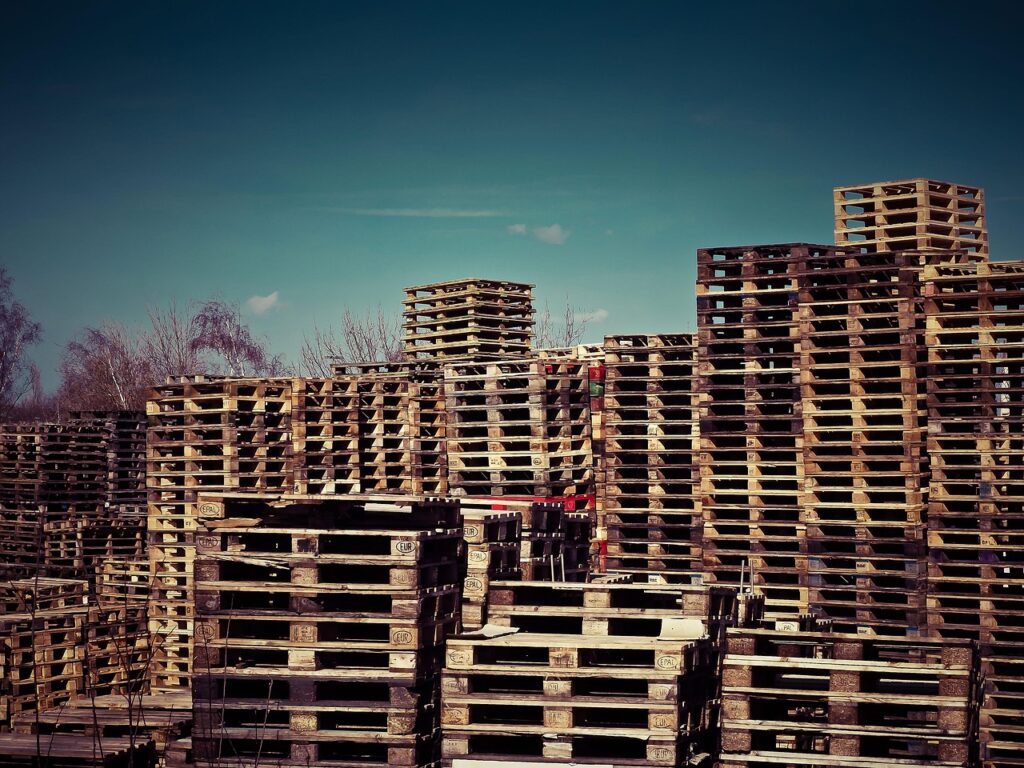An aluminum composite panel manufacturer produces lightweight, durable panels used widely in architecture, signage, and transportation. These panels consist of two aluminum sheets bonded to a fire-retardant core, offering strength and weather resistance while maintaining a sleek appearance.
Choosing the right manufacturer is critical because it ensures access to high-quality materials, customization options, and reliable supply chains suited to specific project needs. Manufacturers often emphasize innovation, sustainable production, and compliance with safety standards to meet the demands of modern construction and design industries.
With global and local manufacturers available, understanding what differentiates one supplier from another—such as core materials, metal skins, or project expertise—helps architects, contractors, and property owners make informed decisions.
Overview of Aluminum Composite Panel Manufacturing
Aluminum composite panels (ACP) combine aluminum sheets with a core material to create strong, lightweight cladding. The manufacturing involves precise material selection, layering, bonding, and rigorous quality checks to meet durability and fire safety requirements.
What Is an Aluminum Composite Panel Manufacturer?
An aluminum composite panel manufacturer specializes in producing ACPs, which are sandwich-structured panels. They combine two thin aluminum sheets bonded to a core material, usually polyethylene or fire-retardant mineral. These panels serve multiple industries, including architecture, signage, and transportation.
Manufacturers typically operate fabrication shops equipped for metalworking, such as coating, bonding, and finishing. Their role also includes designing panels to specific project requirements and ensuring panels meet regulatory standards for safety, weight, and durability.
Common Materials and Specifications
ACP production primarily involves two aluminum sheets around 0.5 mm thick, coated for protection and aesthetics. The core is usually polyethylene for standard panels or a fire-retardant mineral core for enhanced fire safety.
Other materials involved include:
- Surface coatings (PVDF or PE paint)
- Adhesives for bonding layers
- Aluminum coils subjected to cleaning to remove grease and dirt
Specifications vary by application. Some panels focus on flammability ratings, while others prioritize flexibility or surface finish. Common panel thickness ranges from 3 mm to 6 mm.
| Material Layer | Typical Thickness | Function |
| Aluminum Sheets | 0.4-0.5 mm each | Surface durability, appearance |
| Core Material | 2-5 mm | Structural support, fire resistance |
Core Manufacturing Processes
The manufacturing process begins with cleaning aluminum coils to remove impurities. This is critical for proper bonding and coating adhesion.
Next, the aluminum sheets are coated with protective paint layers using wet or coil coating methods. After coating, the sheets are dried and cured.
The core material is positioned between the two aluminum sheets. Using a lamination process involving heat and pressure, the layers are bonded to form a smooth, solid panel.
After lamination, panels are cooled, trimmed, and sometimes cut to size. Additional finishing processes include embossing, cutting, and drilling depending on customer specifications.
Quality Control and Standards
Quality control involves multiple inspections during the manufacturing process. This includes checking for surface defects, coating uniformity, and bond strength between layers.
Fire safety is a critical standard, especially for commercial buildings. Panels often undergo testing against standards like ASTM E84 or Euroclass ratings to meet fire retardancy requirements.
Dimensional stability, weight consistency, and corrosion resistance are also monitored. Many manufacturers follow ISO quality management systems to ensure repeatability and compliance with contractual or regulatory demands.
Selecting the Right Aluminum Composite Panel Manufacturer
Choosing a reliable aluminum composite panel manufacturer depends on careful assessment of their production quality, certifications, product options, and ability to support clients worldwide. These factors determine the durability, safety, and suitability of the panels for specific projects.
Evaluating Manufacturing Capabilities
The manufacturer’s production capacity and technology directly affect product consistency and availability. A capable facility uses advanced machinery to ensure precise thickness, bonding, and surface finishing of the panels.
Experienced manufacturers typically produce a variety of core materials, such as fire-rated cores (FR-A1, FR-A2), which enhance safety. Consistent quality control during manufacturing confirms the strength and weather resistance of the panels.
Assessing lead times and the manufacturer’s ability to handle large or custom orders is crucial. Reliable providers offer scalable production to meet deadlines without compromising quality.
Certifications and Compliance
Certifications reflect a manufacturer’s adherence to international standards and local regulations. Look for fire safety certifications such as ASTM E84, EN 13501-1, or equivalent, confirming compliance with building codes.
Quality management certifications like ISO 9001 indicate systematic control over production processes. Environmental standards, such as ISO 14001, show commitment to sustainable practices.
Verification of product testing, including durability, weather resistance, and chemical stability, ensures the panels meet technical specifications. Certifications provide assurance for architects, contractors, and property owners focused on safety and reliability.
Customization and Product Range
Manufacturers with broad product ranges offer variations in panel size, thickness, and finish, suited for diverse architectural needs. Options include metallic finishes, wood grain, and custom colors.
Customization extends to core materials, allowing selection based on flame retardancy, thermal insulation, or acoustic properties. This flexibility supports specific performance and aesthetic requirements.
A strong manufacturer also provides design support and advisory services, aiding clients in selecting the ideal panel type for façade, signage, or interior use.
Global Distribution and Support
Global presence ensures easy access to products, spare parts, and technical assistance, especially crucial for large projects or ongoing maintenance. Manufacturers with multiple facilities or distribution centers reduce shipping delays.
Effective customer service includes prompt responsiveness, warranty handling, and on-site installation support. This support is beneficial for complex installations or international projects with varying regulations.
Manufacturers with regional offices often offer better after-sales support tailored to local standards and environmental conditions.
